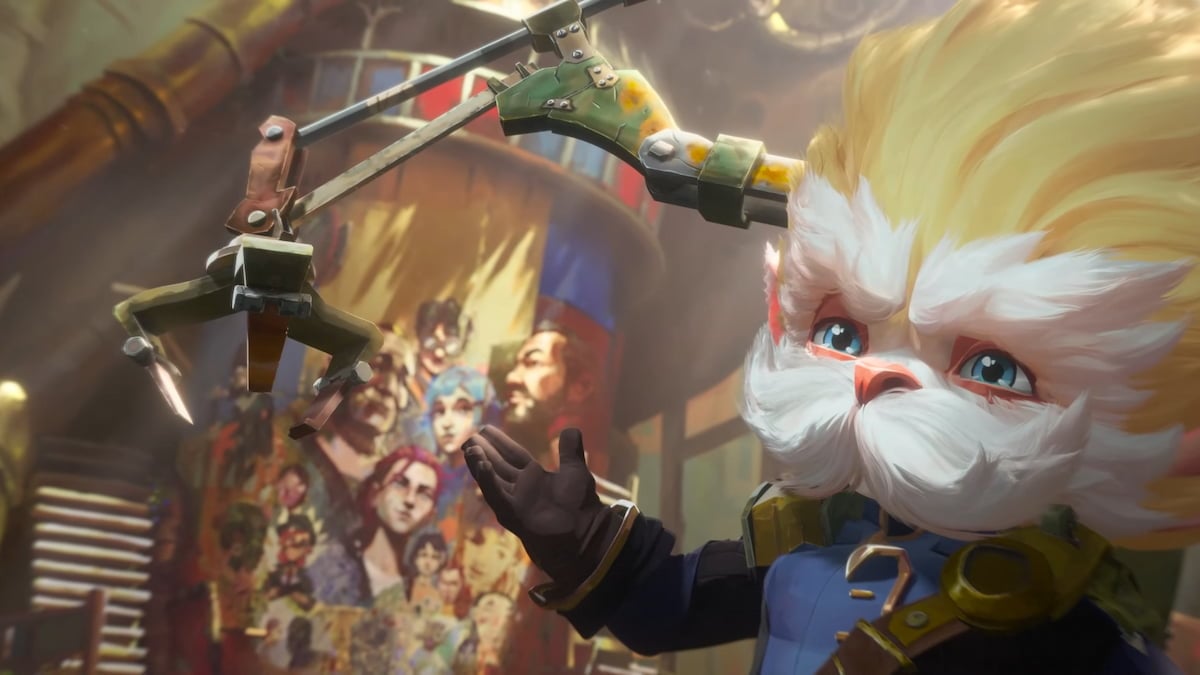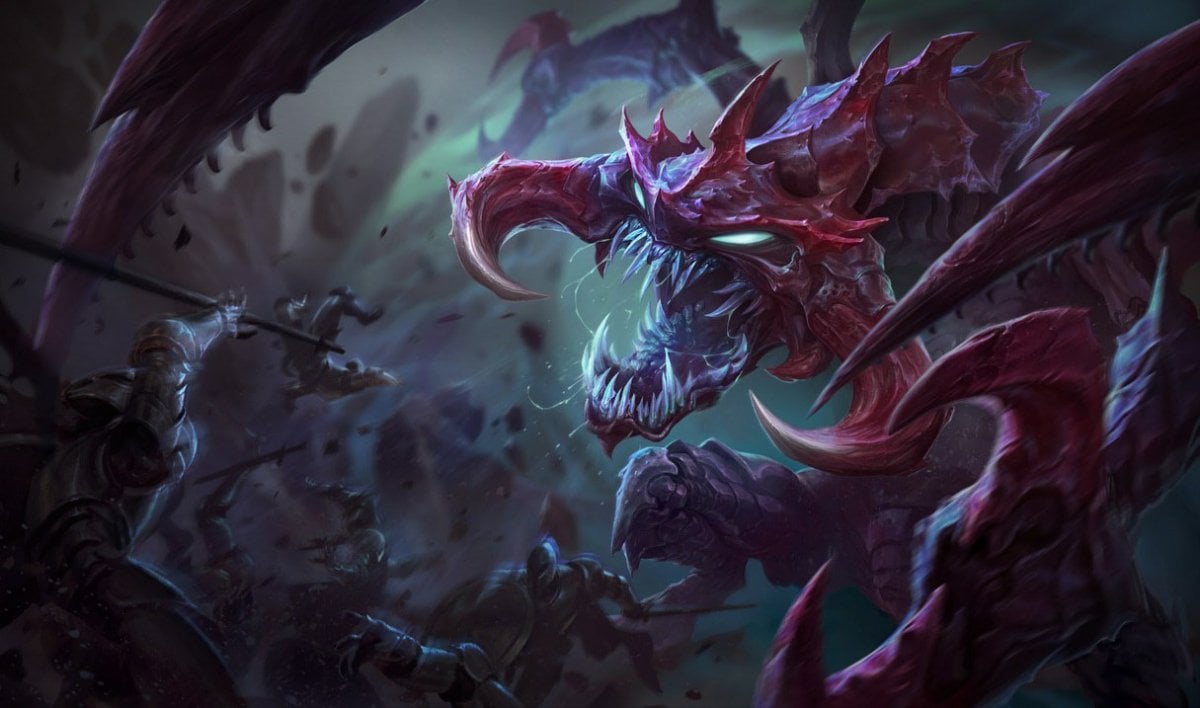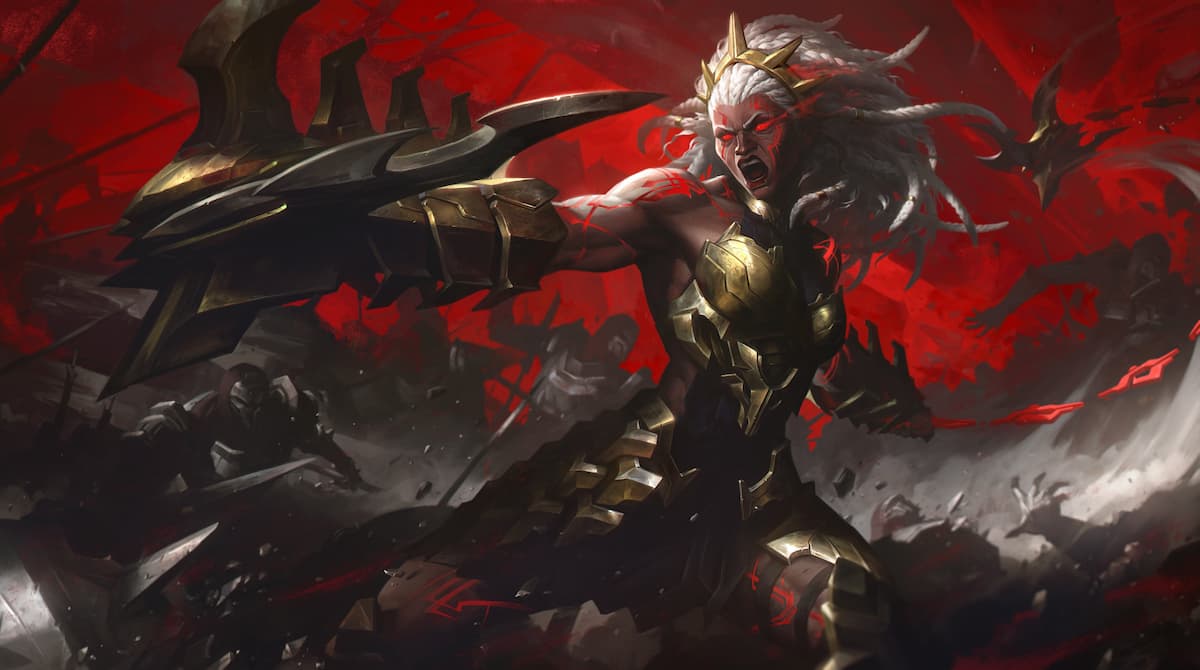The launch of the 2015 season of League of Legends spelled a lot of changes for the game—a new jungle, new items. The game is enjoying a renaissance as the player-base and pro scene explore all that the new map and champions have to offer. This is normal in League : Riot Games constantly releases updates and new champions.
With something so constantly in flux, players stand to gain a lot by staying ahead of the curve and picking up the best new strategies fastest. And that’s where new coaching service Gamerunners comes in.
Coaching in League of Legends has always been relatively common, offered as a service by those who are good at the game, to those who aren’t. This often comes in the form of pros and top-ranked amateurs who want to supplement their income from streaming and professional matches. Gamerunners is looking to change all that, however, by creating a player-driven coaching service that anybody can sign up for.
The company’s story begins at the Texas Academy of Math & Sciences, an early acceptance program for high schoolers run by the University of North Texas. As a student there, Bernard Huang got to experience college life early, along with getting a jump start on his degree.
However, it wasn’t all hard studies, and when his friend, Hang Su, became a deeply involved in the StarCraft: Brood War pro scene in 2005, Huang went along for the ride. Around that same time, professional poker was taking off in America on national television, and when one of the biggest sites for StarCraft, TeamLiquid, branched out into poker, Huang and Su went all in.
They quickly turned this passion for competitive games into winnings, and a few years into college, the pair had netted close to $300,000. Together, they bought a Dickey’s BBQ Pit in the area and, “not understanding anything about the business,” it promptly closed within 13 months. Luckily, their entrepreneurial spirit lived on.
Both explored careers within the tech industry, from Rhode Island to Silicon Valley, but as the years passed, they kept a close eye on esports. When the new generation of esports titles took of in the last few years, they finally saw a way that they could give back.
“Wouldn’t it be awesome if we had this esports coaching thing?”
Paying homage to Cardrunners, a website that helped them learn poker all those years ago, Huang and Su mapped out Gamerunners to feature the same kinds of services, except for esports titles.
While plenty of pros claim to do coaching, it’s difficult for your average player to ever get that kind of direct instruction. Professional players in the LCS have several games a week during the regular season, along with team practice and regular streaming. So a niche coaching duty is easy to dismiss. And those that don’t play professionally often need to prioritize their career or studies. So they often can’t offer their coaching services for any stable length of time.
The answer then became clear—make coaching as easy as possible, both for the coaches and potential students. Now with an idea, Huang and Su hit the forums.
Huang began to monitor what kinds of questions were being asked on r/summonerschool, a small subreddit devoted to learning League. When and how they were being answered? Who was answering? Then, he messaged users directly, gauging whether they would be interested in a website that could streamline the learning process.
From that point, Gamerunners grew quickly. In November, Huang and Su quickly set up a website where coaches could make profiles, and sent messages to r/summonerschool users to get their first coaches. They made guides to bring in natural visitors to the site, where they could point to their coaches. And, perhaps most importantly, they built a messaging and scheduling system that each coach could use to make their personal coaching sessions as easy as possible. Instead of trying to manage their appointments by themselves, Gamerunners is doing it for them.
The answer then became clear—make coaching as easy as possible
The rapid growth, however, did come with a few drawbacks. Initially, coaches were limited in what they could put in their profiles, and Gamerunners automatically pulled from the League API what champions a coach played the most, and what rank they were. Coaches complained that just because they played a lot of games on a champion didn’t make them an expert, and vice versa. More importantly, in-game ladder rank didn’t necessarily correspond to skill level, as no budding coach wanted to be hit with a low-rank badge on their profile to scare away potential clients.
So Huang freed up some of the profile options to be more customizable. The next big addition to their site, a review system where students can post what their coaching session was like, will go far towards furthering the goal of making Gamerunners a legitimate service.
Right now, the website only has around 90 coaches, and less than 200 students. But Huang is focused on the big picture. They are going to officially launch the site on Feb. 2, advertising it as the go-to place to find coaching, and hope to see Gamerunners take off.
With well over 50 million people playing the game, it’s easy to follow their line of thought. Esports and gaming are expanding into new markets every day. And as more people want to play the game, more people will want to play the game well. Huang thinks that being skilled in esports is something to be proud of: “Being Challenger in League of Legends is a thing you can tell your friends, and they’ll think you’re a badass.”
Huang also pointed out that gaming is becoming more and more socially acceptable, with companies like Facebook and Google with their own employee esports teams, and universities starting to recognize gaming in their athletic departments. “It fits well into ‘nerd culture,'” Huang said.
For Gamerunners, the possibilities seem endless, especially when you consider that there are many other potential esports titles to branch out into, along with developing possible future services like group coaching or live classes. But for Huang and Su, it’s great to simply see a passion project finally take off. “For us, we’re community focused, it’s all about the community. We just do it because we love esports.”
Image via Riot Games







Published: Jan 28, 2015 11:52 am